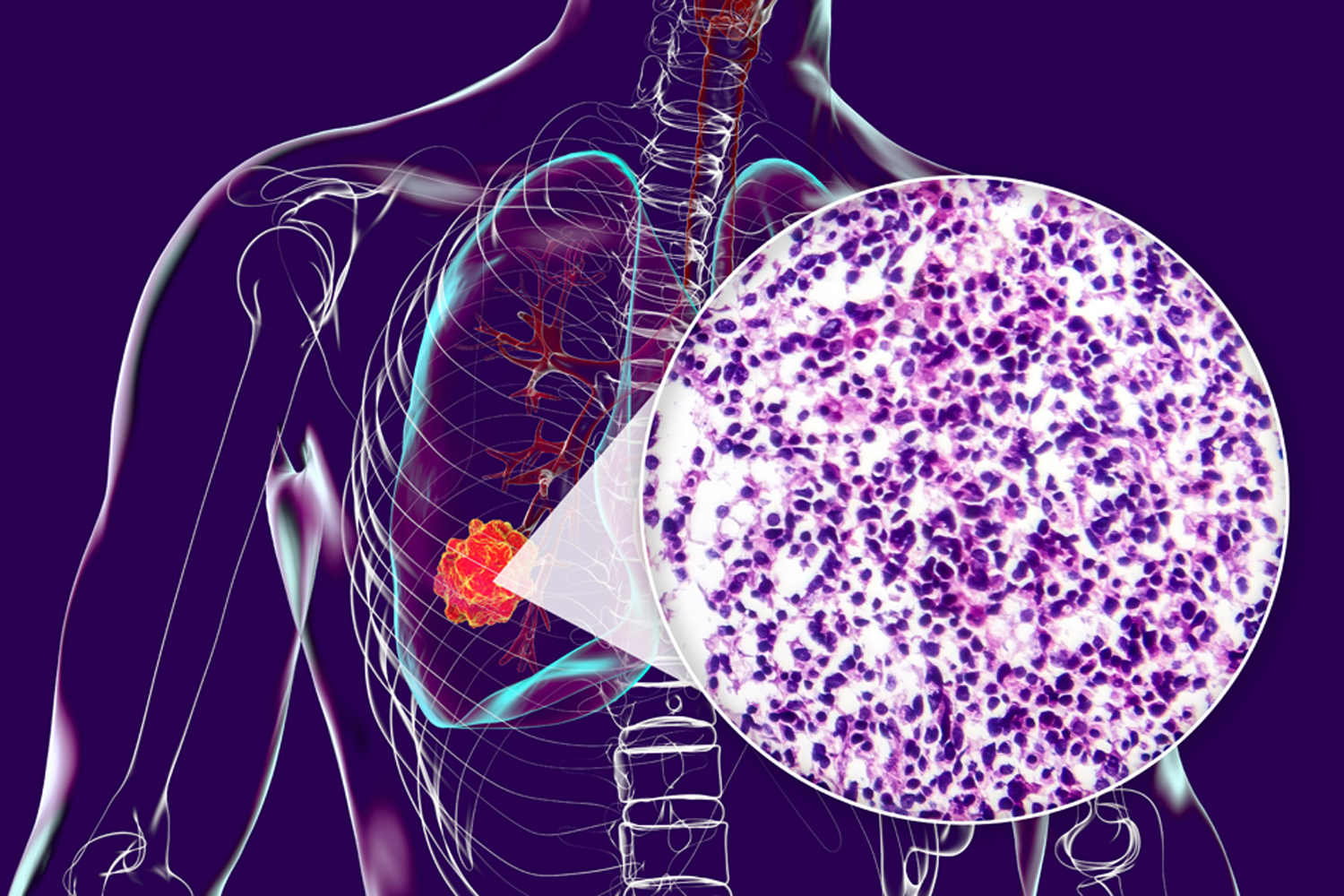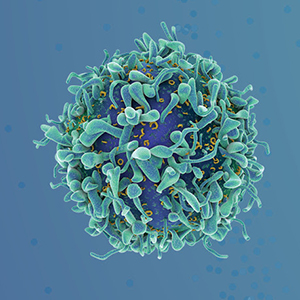-
Recognizing AI’s Potential
Pathologists and radiologists are leading the way in the use of artificial intelligence (AI) to find and track cancer. Machine learning could lay the foundation for using AI more broadly to advance cancer diagnosis and choice of treatment.
by Stephen Ornes
-
Policy Matters
Putting an End to Cancer Health DisparitiesCancer has a disproportionate impact on disadvantaged and minority groups. The AACR 2020 by 2020 initiative is a step toward closing the gap.
by Michael A. Caligiuri, MD
-
Forward Look
From Cold Virus to Cancer FighterNeurosurgeon Frederick F. Lang discusses virus-powered cancer treatments.
by Sue Rochman
-
Forward Look
Opening Clinical Trials to HIV-Positive Cancer PatientsIncluding patients with HIV is part of a larger effort to broaden cancer clinical trial eligibility.
by Andy Kopsa
-
Forward Look
Lung Cancer Biology Differs by Race, Study ShowsResearch findings could help improve personalized treatments for lung cancer patients.
by Stephen Ornes
-
Pushing the Immune System to Its Limits
Immunotherapy drugs have led to long-lasting remissions for some cancer patients with advanced disease. They also come with a new and diverse array of side effects.
by Kate Yandell
-
Forward Look
Endometrial Cancer Rates Rising in Many CountriesStudy findings suggest opportunities for preventing endometrial cancer.
by Deborah Abrams Kaplan
-
What Older Patients Value
Many older adults with cancer place more importance on maintaining their independence and cognitive abilities than on living as long as possible.
by Cheryl Platzman Weinstock
-
Omitting Obesity
Many cancer clinical trials do not track what proportion of enrolled patients are obese, a study finds. These patients may be underrepresented in research.
by Cici Zhang
-
Measuring Your Movement
Researchers are exploring whether wearable personal activity monitors could provide doctors with a more complete picture of cancer patients' well-being.
by Brad Jones
Cancer Talk
Biotin Supplements Can Skew Cancer Lab Results
Products containing biotin can alter lab tests for people during and after cancer treatment.
by Laura Gesualdi Gilmore
Connecting More Patients to Cancer Clinical TrialsAACR conference brings experts together to discuss strategies to reach people historically left out of cancer research.
by Eric Fitzsimmons
Treatment Combination Improves Survival in EGFR-positive Lung CancerAdding chemotherapy to targeted therapy improves outcomes for people with advanced EGFR-positive non-small cell lung cancer.
by Sandra Gordon
Lessons From 20 Years Living With CancerMultiple myeloma survivor Jonathan Gluck reflects on uncertainty, and the scientific progress that has kept him living with cancer for more than two decades.
by Eric Fitzsimmons















